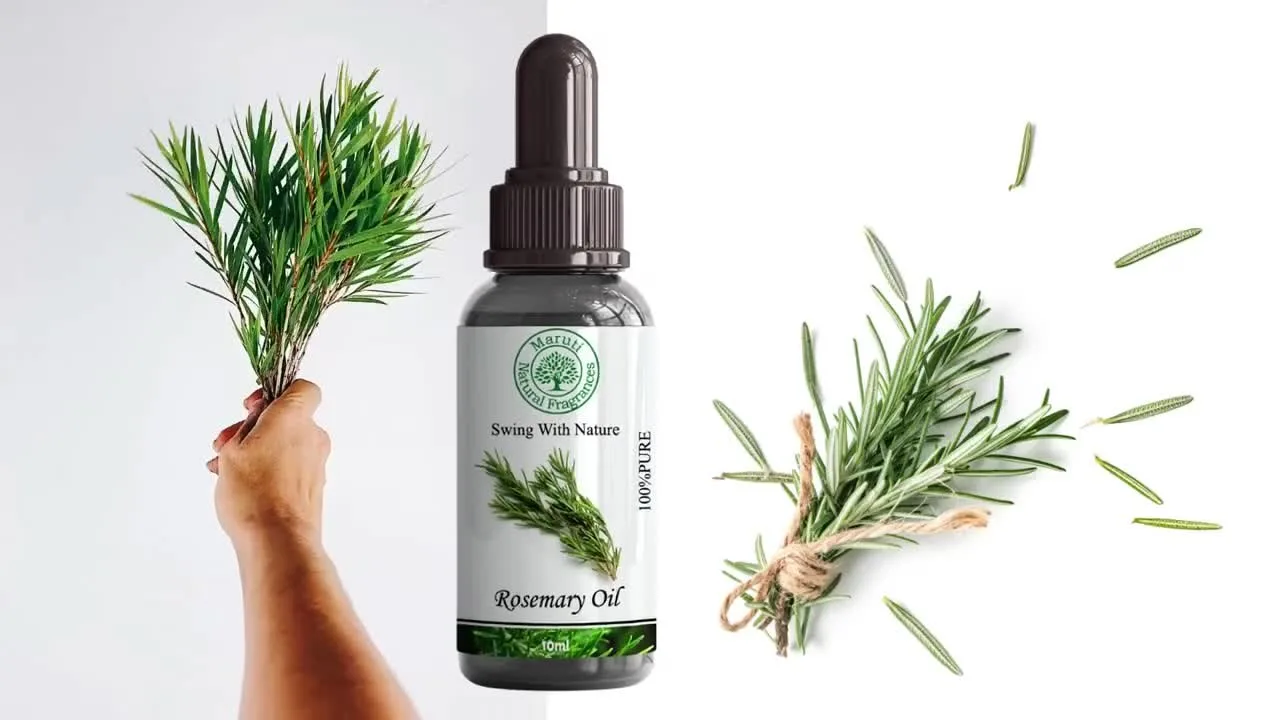Rosemary, the fragrant herb gracing countless kitchens, holds a secret beyond its culinary prowess. Rosemary oil, extracted from the plant’s leaves, unveils a treasure trove of potential health and wellness benefits. Let’s delve into the world of this versatile oil, exploring its uses, research, and safety considerations.
A Potent Botanical Ally: Unveiling the Science
Rosemary oil boasts a rich chemical profile, primarily containing compounds like alpha-pinene, camphor, and cineol. These components contribute to its various therapeutic properties, supported by emerging scientific research.
Maruti Suzuki Swift 2024: Booking, features, launch date and price
2024 Bajaj Pulsar 125: Powerful bike with powerful updates!
- Memory and Cognitive Enhancement: Studies suggest rosemary oil may improve cognitive function, memory, and focus. Its antioxidant and anti-inflammatory properties could protect brain cells and enhance communication pathways.
- Hair Growth and Scalp Health: Stimulating blood circulation to the scalp, rosemary oil may promote hair growth and combat alopecia. It also possesses anti-inflammatory and antimicrobial properties, potentially addressing dandruff and itchy scalp.
- Pain Relief and Anti-inflammatory Effects: Preliminary research indicates rosemary oil’s effectiveness in managing pain and inflammation associated with arthritis and muscle soreness. Its analgesic and anti-inflammatory properties might contribute to these benefits.
- Stress Reduction and Relaxation: Inhaling rosemary oil’s aroma may promote relaxation and alleviate stress. Its calming properties potentially interact with the brain’s limbic system, associated with emotions and mood regulation.
Unlocking Rosemary Oil’s Versatility: From Diffuser to Scalp Massage
Rosemary oil offers diverse application methods, tailoring to individual needs and preferences.
- Aromatherapy: Diffusing the oil or inhaling directly from a cotton ball allows its aroma to reach the olfactory system, potentially impacting mood and cognitive function.
- Topical Application: Dilute the oil with a carrier oil like jojoba or almond oil before applying it to the scalp for hair growth or to affected areas for pain relief.
- Culinary Uses: While not recommended for internal consumption due to its concentrated nature, a single drop of high-quality, food-grade rosemary oil can enhance savory dishes.
Safety First: Essential Considerations
Although generally safe for external use when diluted, remember these crucial precautions:
- Never ingest rosemary oil directly. It can be toxic.
- Perform a patch test before applying topically. Dilute a drop of the oil with a carrier oil and apply it to a small area of your inner arm. Wait 24 hours to check for any allergic reactions.
- Avoid contact with sensitive areas like eyes and mucous membranes.
- Consult a healthcare professional before using rosemary oil if pregnant, breastfeeding, or taking medications.
Conclusion: Exploring the Rosemary Renaissance
Rosemary oil, with its promising research and diverse applications, offers a natural approach to promoting well-being. However, responsible use and awareness of potential risks are crucial. As you navigate the world of this ancient herbal remedy, remember to prioritize safety and consult healthcare professionals when needed. Embrace the potential of rosemary oil, but always with informed caution.



